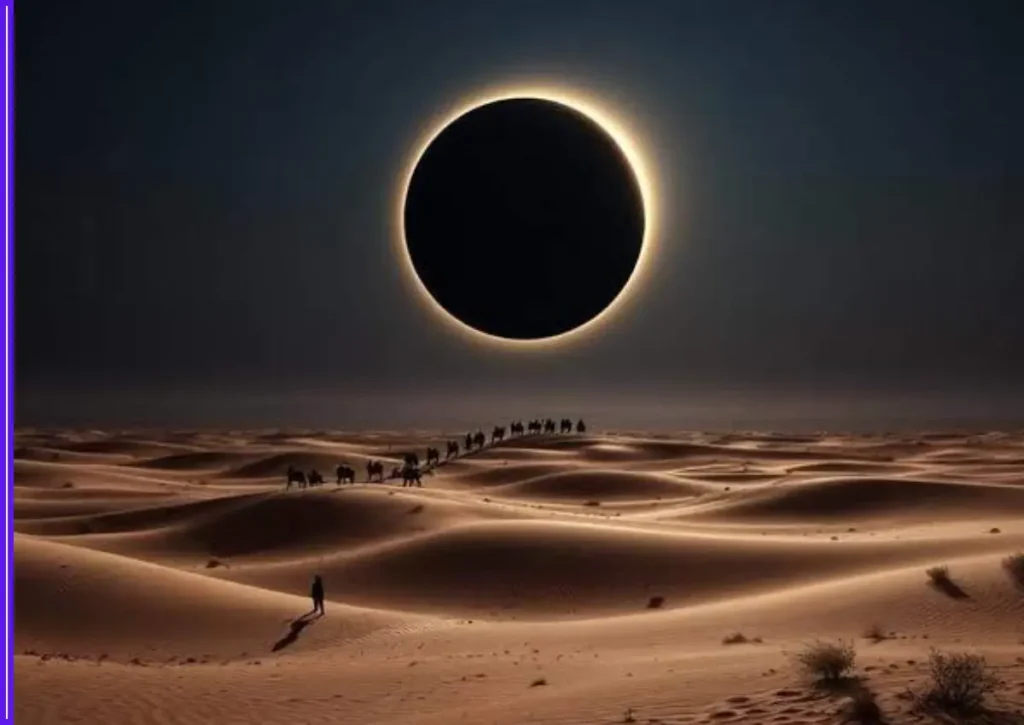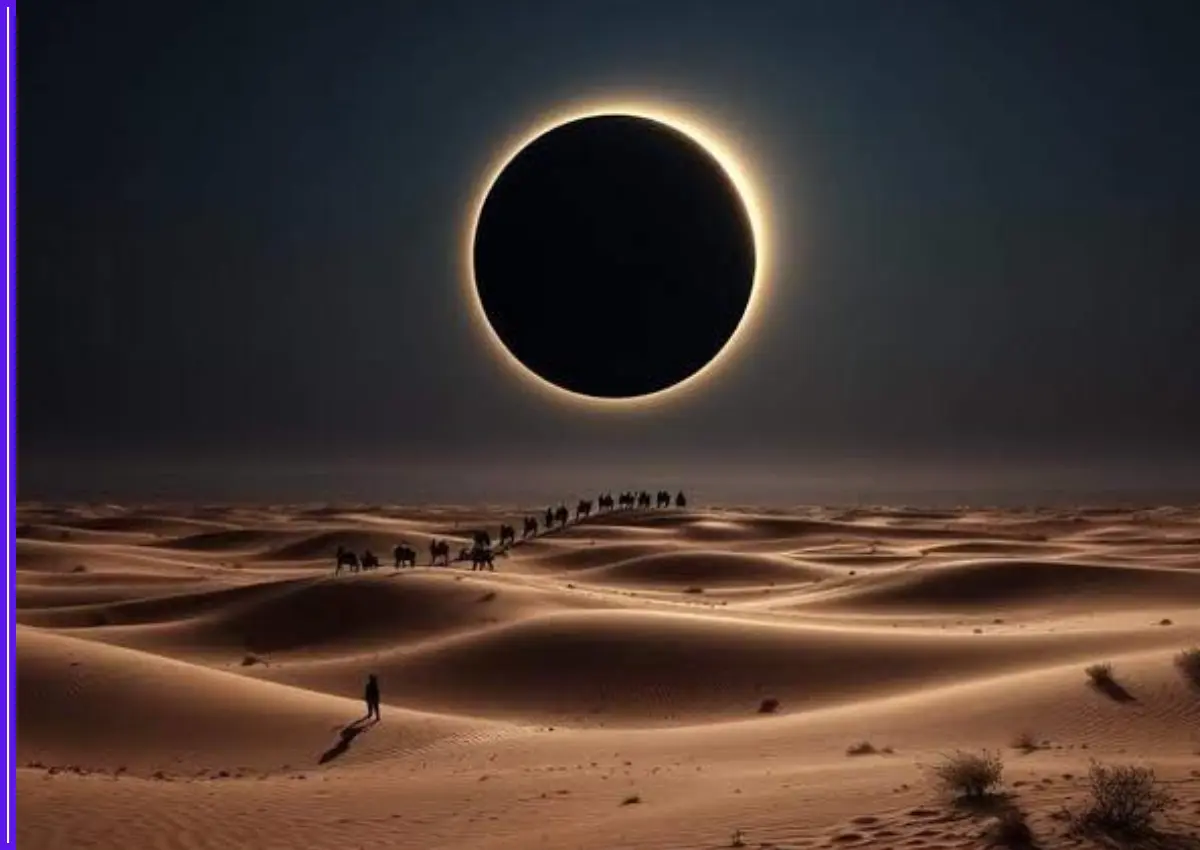A breathtaking solar event is on the horizon, and it’s already drawing global attention. On August 2, 2027, the Earth will witness a rare total solar eclipse expected to last for more than six minutes — making it the longest such eclipse visible from land in over a century.
This isn’t just another astronomical occurrence. This is a moment of cosmic precision, where the Moon will align perfectly between the Earth and the Sun, blocking sunlight entirely and turning daytime into an eerie twilight.

The eclipse will start over the Atlantic Ocean and travel across parts of Southern Europe, North Africa, and the Middle East. Cities like Luxor in Egypt will be at the heart of the phenomenon, experiencing total darkness for up to six minutes and twenty-three seconds — a sight that won’t be repeated until 2114.
What makes this eclipse especially unique is the timing and alignment. The Earth will be at its farthest point from the Sun, making the Sun appear slightly smaller in the sky. Meanwhile, the Moon will be at its closest approach to Earth, appearing larger. This rare combination allows the Moon to completely cover the Sun, creating a long-lasting total eclipse that skywatchers rarely get to experience.
The path of totality — the narrow stretch where the eclipse will be fully visible — includes regions of Spain, Morocco, Algeria, Tunisia, Libya, Egypt, Sudan, Saudi Arabia, Yemen, and Somalia. Those within this path will witness the full celestial drama unfold, while neighboring areas will observe a partial eclipse.
For scientists, the event offers a precious opportunity to study the Sun’s corona, a layer usually invisible due to the Sun’s overwhelming brightness. For millions of spectators, it’s a moment of wonder — one that brings people together, camera lenses pointed skyward, glasses on, hearts racing.
Local governments and tourism bodies in regions like Luxor are preparing for a massive influx of eclipse chasers, photographers, and astronomers. Hotels in key areas are expected to be fully booked well in advance. Safety experts are also urging people to use certified eclipse glasses to prevent eye damage during the partial phases of the eclipse.
While India won’t see the full eclipse, the buzz is already building among astronomy communities. Many enthusiasts are planning international travel to catch the spectacle firsthand, describing it as a once-in-a-lifetime experience.
The last time Earth saw a total eclipse of this magnitude from land was in 1991. And after August 2, 2027, another of this duration won’t occur until the 22nd century. For those who understand the rarity of such an event, this isn’t just a date on the calendar — it’s a cosmic appointment you don’t want to miss.
As the countdown begins, the 2027 total solar eclipse reminds us that the universe still has the power to stop us in our tracks, tilt our heads skyward, and simply marvel.








